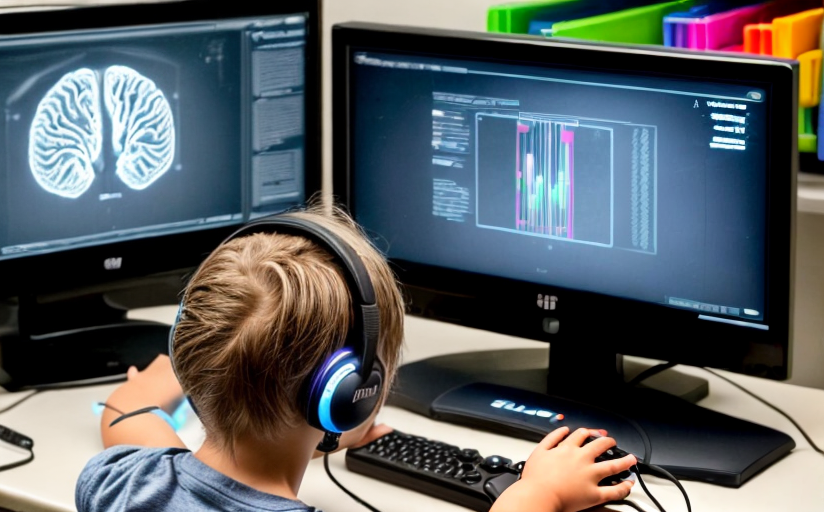Video Games And Cognitive Learning: A Deep Dive
The debate on the role of video games in shaping the cognitive abilities of individuals, especially young adults and children, has caused quite a stir in the world of academia and beyond. This article intends to examine and discuss the remarkable influence of video games on cognitive learning, including areas such as memory, multitasking, spatial navigation, as well as problem-solving skills.
The Positive Impact of Video Gaming on Cognitive Functions
Several scientific studies and expert opinions support the positive impacts of video games on cognitive functions. For instance, a study published in the journal Neuroscience confirmed that video games improve spatial navigation and memory in gamers. Similarly, research conducted by the University of California, Irvine found that 3D video games enhance the formation and retention of memories.
Interestingly, video games are also proven to enhance multitasking skills. A study by the University of Texas revealed that regular gamers are better at multitasking and managing multiple objectives simultaneously compared to non-gamers. This suggests that the hectic pacing and multitasking requirements of many games may afford cognitive benefits in this area.
Video Games and Problem-Solving Skills
Researchers have found that video games, especially strategy games, can enhance problem-solving skills. For example, a study published in The Journal of Youth and Adolescence reported that teenagers who regularly play video games tend to be better problem-solvers. These games often challenge players with difficult and complex problems, thereby requiring innovative solutions and strategic planning to succeed.
Clearing Misconceptions about Video Games
Despite these documented cognitive benefits, many still view video games as a harmful distraction, which often leads to laziness or antisocial behaviors among players. While it is true that anything in excess can bring harm, the generalized stereotype that paints all video games as harmful is a misconception that deserves debunking. Multiple studies indirectly refute this claim, indicating a positive correlation between video games and beneficial cognitive effects when used appropriately.
Video Games in Education
Given the impacts of video games on cognitive learning, educators are increasingly integrating them into pedagogical strategies. Research by the Education Development Center shows that video games can serve as powerful tools in the classroom, promoting active participation and encouraging problem-solving and strategic thinking. Through careful implementation, they can enhance learning outcomes and foster student engagement in a fun, engaging manner.
In conclusion, rather than pushing them to the sidelines, video games should be embraced as a means to nurture cognitive abilities among learners. The key lies in the understanding that while they can be a potential source of distraction, if harnessed appropriately, video games can be an effective tool in learning and cognitive development.

















Comments
Leave a Comment